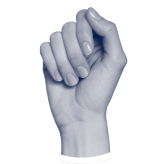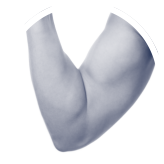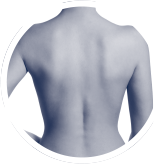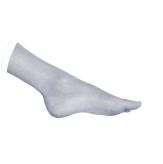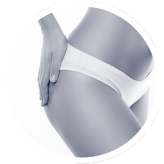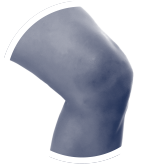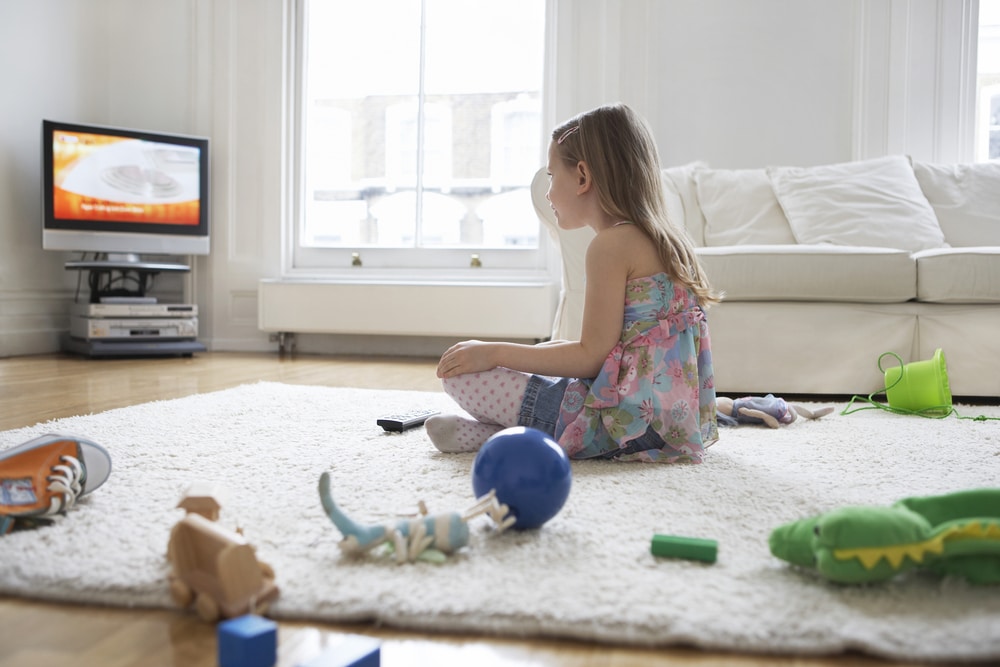
As the number of children who do not participate in exercise across the world, obesity rates are soaring. While there are a number of health issues associated with the lack of exercise, one that is often overlooked is the effect that obesity has on children’s bone health.
In the Journal of Bone and Mineral Research, they monitored 1181 participants to see whether the number of hours of TV watched correlated to poor bone health. Those who watched more than 14 hours of television a week had lower bone mineral density compared to those who watched less television. This was regardless of physical attributes, such as height, mass or mineral intake.
While the study noted the correlation, it is not able to solely able blame TV as the cause of children’s low bone mineral density. However, researchers note that an increase of television viewing usually means that activity is reduced. This reduction of time exercising could be one theory why bone mass is reduced in those who watch more than 14 hours of TV per week.
Considering that 90 percent of bone mass acquired occur before the age of 18, this study is important to highlight the importance of exercise in childhood as it contributes to good bone health. This means that parents should actively invest in their child’s bone health when they are younger, rather than treat problems as they occur when they age.
Our bodies reach peak bone density around 20-22. After that, bone density decreases as we age. To slow down this, we have to ensure that our lifestyle remains active and healthy. However, if peak bone density is compromised, it may stress the greater the importance of having an active and healthy life into adulthood and old age.
For more orthopaedic news, follow London Bridge Orthopaedics on Twitter, Facebook and LinkedIn.
Our specialties
We cover all the subspecialty areas of orthopaedics
Recent articles
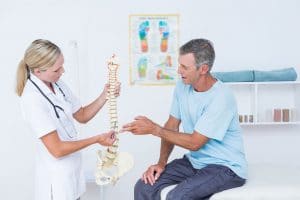
In a Nutshell: Cervical Disc Replacement Surgery
Mr Khai Lam, London Bridge Orthopaedic’s consultant spinal surgeon, discusses cervical disc replacement surgery, the candidates, the procedure, complications and the outcomes. Mr Lam has performed over 1000 cervical and lumbar disc replacements since 2005 and is a key opinion leader ...
Read more


